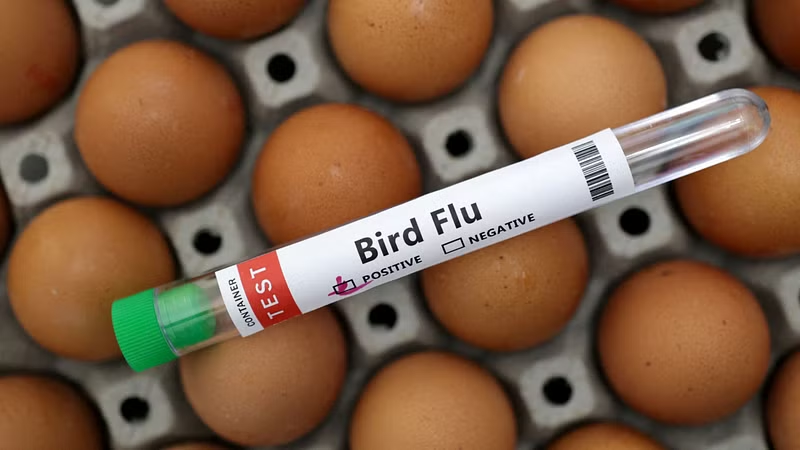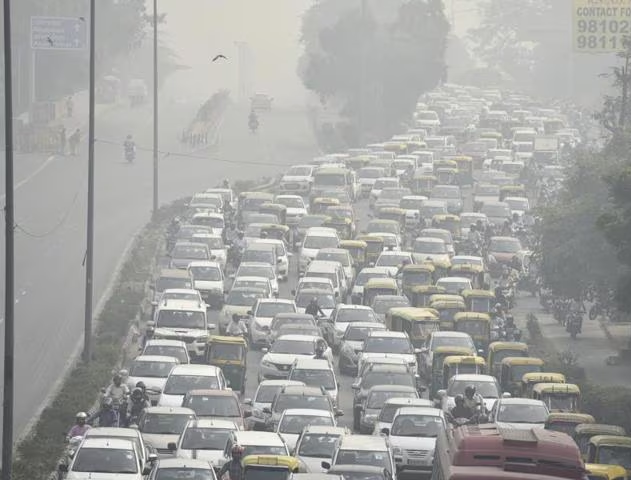The first five months of the year have registered close to 1,800 dengue cases in Maharashtra and with the monsoon season now ahead, the state health department has stepped up surveillance activities. This is evident from the number of blood samples that were tested for dengue from January till May this year vis a vis the numbers tested during the same period last year.
A total of 1,237 cases of dengue were reported from January to May last year and during the same period this year, there has been an almost one-and-a-half times rise in cases as a total of 1,755 dengue cases have been reported.
“This is mainly because health authorities have stepped up surveillance activities,” says Dr Radhakrishna Pawar, deputy director, Pune circle (Pune, Solapur and Satara) who has additional charge of Joint Director of Health Services, Maharashtra.
From January till May this year, the surveillance activity picked up as there were over 1.27 lakh suspected cases of dengue fever. A total of 18,834 serum samples were tested, of which 1,755 confirmed dengue.
In the same period last year, there were a total of 81,731 suspected cases of dengue fever. A total of 15,312 serum samples were examined, of which 1,237 tested positive for dengue. Overall last year, Maharashtra reported 19,029 cases of dengue and 55 deaths.
Among municipal corporations, Mumbai, Nashik, Kolhapur, Sangli and Panvel accounted for 488 dengue cases this year. Among districts, rural areas of Palghar, Kolhapur, Akola, Nanded and Solapur collectively reported 471 dengue cases. In Pune city, 10 of total 336 suspected cases were confirmed with dengue fever.
Dengue virus is transmitted to humans through the bite of infected mosquitoes and according to the World Health Organisation, cases are mostly asymptomatic or result in mild febrile illness. However, some patients will develop severe dengue which may involve shock, severe bleeding or severe organ impairment.
According to Dr Suryakant Deokar, assistant medical officer of the health department, guidelines have been issued to ward medical officers to ensure control of dengue vectors through source reduction and elimination of mosquito breeding sites.
Dr Deokar has also appealed to citizens to ensure water containers have tightly fitting lids, not allow water to stagnate at residential societies and take steps to control mosquitoes in and outside their homes.
“Notices have been issued to 370 societies, commercial buildings and others who have not taken action to destroy mosquito breeding sites. An administrative fee of Rs 73,600 has been collected so far,” he said.
Research projects on dengue fever receive funding boost
Three new projects, aimed at improving understanding of dengue and preventing the spread of the viral disease, were launched on Tuesday with funding from the not-for-profit medical research organisation LifeArc.
WHO has set a target of eliminating all global deaths from the disease by 2030, and it has warned of an upsurge in cases and deaths unless urgent action is taken.
In India, the Indian Institute of Technology (IIT) Roorkee has been awarded just over £170,000 to explore new treatment approaches to the dengue virus. Their goal will be to identify novel antibodies that can improve drug delivery to infected cells.
Tranalab Pvt Ltd, a start-up based in Bangalore, has also received a grant to expand their proprietary targeted drug-delivery technology platform for creating therapeutic options against dengue, for which there is no approved drug.
In Australia, where there is a high risk of future outbreaks, the Monash Biomedicine Discovery Institute (BDI) has received just over £164,000 from LifeArc to test patient samples and identify new biomarkers which might help to predict the severity of disease outcomes for patients.
© The Indian Express Pvt Ltd
First uploaded on: 11-06-2024 at 19:28 IST











